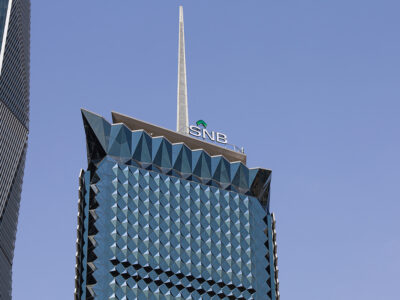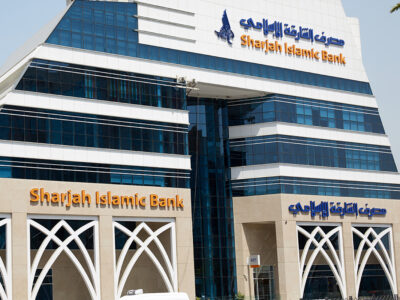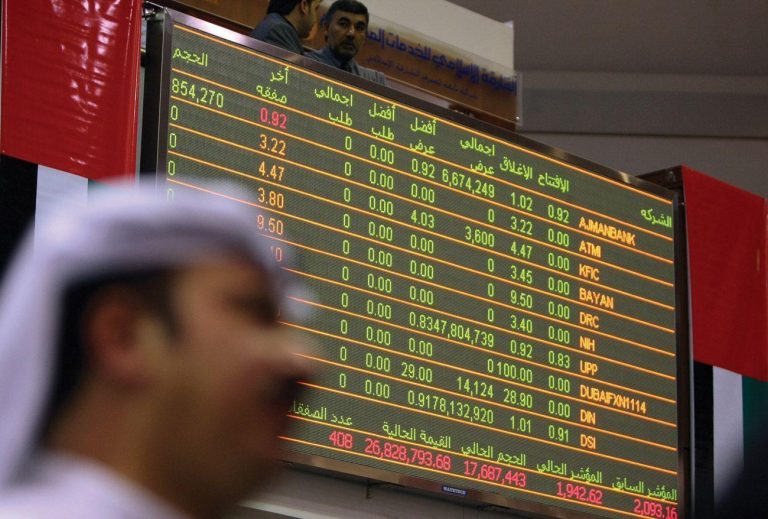Dubai plans to issue about $1.5bn sovereign sukuk in Malaysia as the Gulf
Arab emirate looks to tap the world’s largest Islamic bond market to diversify
its funding avenues, people with direct knowledge of the deal said on
Wednesday.
Work on the $1.5bn multi-currency programme was “more than 50
percent” under way but the plan was not final given the volatility in
financial markets due to Ireland’s debt troubles and tensions on the Korean
peninsula, said one source not authorised to speak to the media.
“This will be the first foreign sovereign to issue ringgit (sukuk) in
Malaysia,” said the source who asked not to be identified as the plan has
not been announced.
“The Malaysian market provides cheap liquidity, interest rates are
still attractive and the swap rates are also still attractive.”
Dubai’s finance chief said the government was meeting investors in Malaysia
to explore opportunities for a potential bond issue.
“This trip is a part of our plan to meet investors and explore
opportunities,” Abdulrahman Al Saleh, director general of Dubai Department
of Finance, told Reuters when asked to confirm news that Dubai was aiming to
issue about $1.5bn multi-currency Islamic bonds in Malaysia.
“We have not covered Malaysia in the previous visits.”
Another source said the total issuance size had not been been determined.
“Tapping into a new investor base is important for Dubai, having gone
through the global financial crisis,” the source added. “Putting its
name to various investor bases may make sense to the government.”
Malaysia has the world’s largest sukuk market, accounting for 42 percent of
total global sukuk issuance of $19.1 billion last year, Thomson Reuters data
showed.
But the bulk are local currency issuance due to tax incentives and the
authorities want more foreign issuers to build up the market.
Gulf Arab debt markets have reopened in recent months, with Dubai issuing a
$1.25 billion government bond in September after an agreement on Dubai World’s
restructuring of some $25bn debt boosted market sentiment.
But a Dubai-based fixed income trader said it was unlikely unrated Dubai, a
part of the United Arab Emirates, would be able to raise anything near $1.5bn.
“It is going to be if anything next year. The market would not
appreciate them coming back so soon,” the trader said.
“So it will be tough to see them raising too much, especially when the
problem with Malaysia is that they tend to invest into a lot of
investment-grade stuff, and with Dubai not being rated at all that is going to
be an issue,” he said.
Saleh told Reuters in September Dubai was determined to get a rating but not
immediately, with timing depending on market conditions.
Sources had said Dubai Group, which is part of a conglomerate owned by
Dubai’s ruler, missed two payments on separate loans in recent weeks, including
one arranged by Citibank.
Gulf issuers sold about $6 billion in debt in September and October,
capitalising on low U.S. interest rates and high demand for paper from the
region.
Other potential issuers include Abu Dhabi’s International Petroleum
Investment Co, Qatar National Bank and Oman’s Mohammed Al-Barwani Petroleum
Services.
Last month, Abu Dhabi Islamic Bank issued $750m in sukuk which was nearly
five times subscribed. Qatar Telecommunications Co launched a $1.5bn bond in
October which got $15bn in orders.








